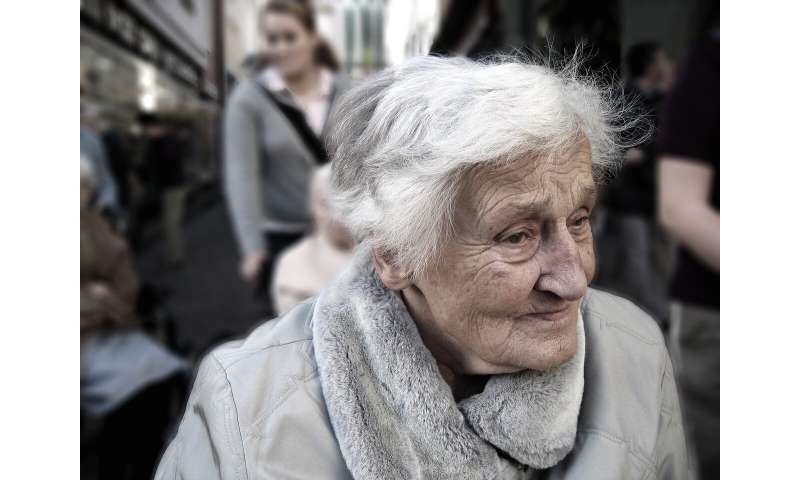
Many people will become caregivers informally at some point, and geriatrician Mattan Schuchman, M.D., hopes to start a discussion—among them, the love ones for whom they care and the doctors who work with them—about the considerations that should be made. When an older patient’s safety and independence are in conflict, Schuchman encourages clinicians to weigh several factors: the patient’s perspective, the perspectives of other major stakeholders, clinician biases, liability, and the magnitude of the patient’s risk and risk to others.
Schuchman and his colleagues discuss these considerations in a commentary in the September 2020 issue of Medical Clinics of North America.
“We should consider both a person’s autonomy and ability to make their own choices, and try to balance that with concerns for the person’s safety and well-being. It may not always be concordant,” says Schuchman, medical director of Johns Hopkins Home-based Medicine and an assistant professor of medicine at the Johns Hopkins University School of Medicine.
Schuchman says these challenges commonly arise in decisions about living environment and driving. From physical rehabilitation to installing home modifications to changing the residence (with a change in the level of care), many decisions about health care for vulnerable adults focus on safety.
In some situations, Schuchman says, clinicians’ ethical obligations to promote health and prevent harm may be at odds with their desire to respect the patient’s determination to be self-sufficient.
Source: Read Full Article
